TEHRAN(Bazaar) – William O. Beeman, Professor Emeritus of University of Minnesota, says the United States is not likely to resolve the JCPOA before the November mid-term elections.
He adds that “No matter what decision is reached, President Biden and his party will be viciously attacked by Republicans, with a huge number of fabrications and accusations that are inaccurate.”
Following is the text of the Bazaar interview with Professor William O. Beeman.
Bazaar: The resolution of the Board of Governors of the International Atomic Energy Agency was issued against Iran. What is your assessment of this resolution?
Beeman: The IAEA is not an enforcement agency. It is a monitoring agency. The latest report claimed that there was unreported and unexplained nuclear material in sites being monitored by the IAEA. The IAEA has no power beyond reporting. So, it is now for the Security council to take this information and act upon it. The IAEA cannot call on Iran to do anything, only the Security Council can do this. The underlying policy in this matter is the Nuclear Non-Proliferation Treaty (NPT). It is for the Security Council to determine whether this unreported nuclear material constitutes a violation of the NPT.
Bazaar: Some believe that the tone of this resolution was not so sharp and Iran's reaction to it was not so strong and the way for “win-win” negotiations is still open. What is your assessment?
Beeman: The IAEA in recent months has been "diplomatic" in dealing with Iran, adhering to strict reporting of its inspection findings. This is in contrast to the IAEA under the late Yukia Amano, who, in my estimation, regularly overstepped his authority to issue unauthorized conclusions about Iran's nuclear activity. The contrast between the Amano directorate and that of the current director, Rafael Grossi, is noteworthy. Director general Grossi has more closely adhered to the IAEA specific mission. It is for this reason that the tone of the resolutions under his directorate have seemed milder.
Bazaar: The next session of the Board of Governors is about three months away. According to the current resolution, will the negotiations for the revival of the JCPOA be held before the next meeting of the Board of Governors, and will it be concluded?
Beeman: Again, the JCPOA is an adjunct to the NPT. The IAEA was charged under the JCPOA to continue its inspections of nuclear facilities and nuclear material, but the decisions and resolutions of the IAEA do not have any direct impact on the JCPOA. They only report. It is for the signatories of the JCPOA to take that information and decide what to do within the framework of the JCPOA. It is for the Security Council to decide how the information from the IAEA impacts on Iran's compliance with the NPT.
Bazaar: There is an assessment that the Biden government is in a state of “non-decision” on the JCPOA until the midterm congressional elections in November. Because any agreement with Iran may have negative effects on the results of this election. On the other hand, it is estimated that Iran also believes that we should wait until November to determine Biden's position in the US internal structure and possibly in the next presidential election. Because this election sheds some light on Biden's future. What is your assessment?
Beeman: The United States is not likely to resolve the JCPOA before the November mid-term elections. The consequences for President Biden and the Democratic party are potentially much to negative. No matter what decision is reached, President Biden and his party will be viciously attacked by Republicans, with a huge number of fabrications and accusations that are inaccurate. It is better for the Biden administration to do nothing.
Bazaar: Given the current trend, how do you assess the future of the JCPOA?
Beeman: It has stalled, and actually Iran has been finding ways to evade the sanctions placed by the JCPOA, and the United States has been looking the other way. Strict enforcement of the sanctions limits the world petroleum supply, and with gas prices spiking all over the world, it is better to have Iranian petroleum products leak into the international marketplace.





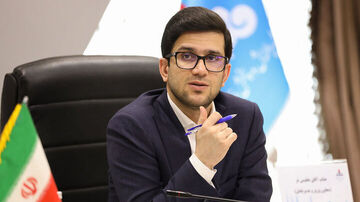
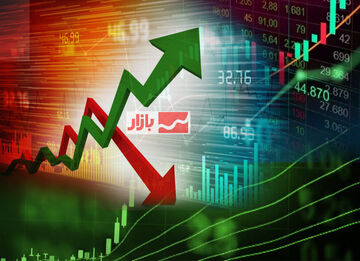


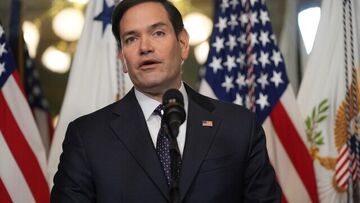



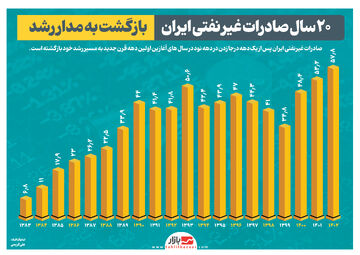
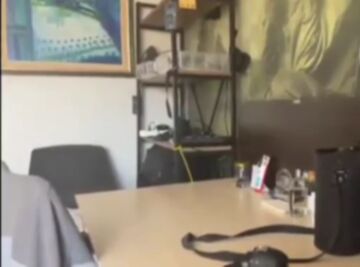
نظر شما